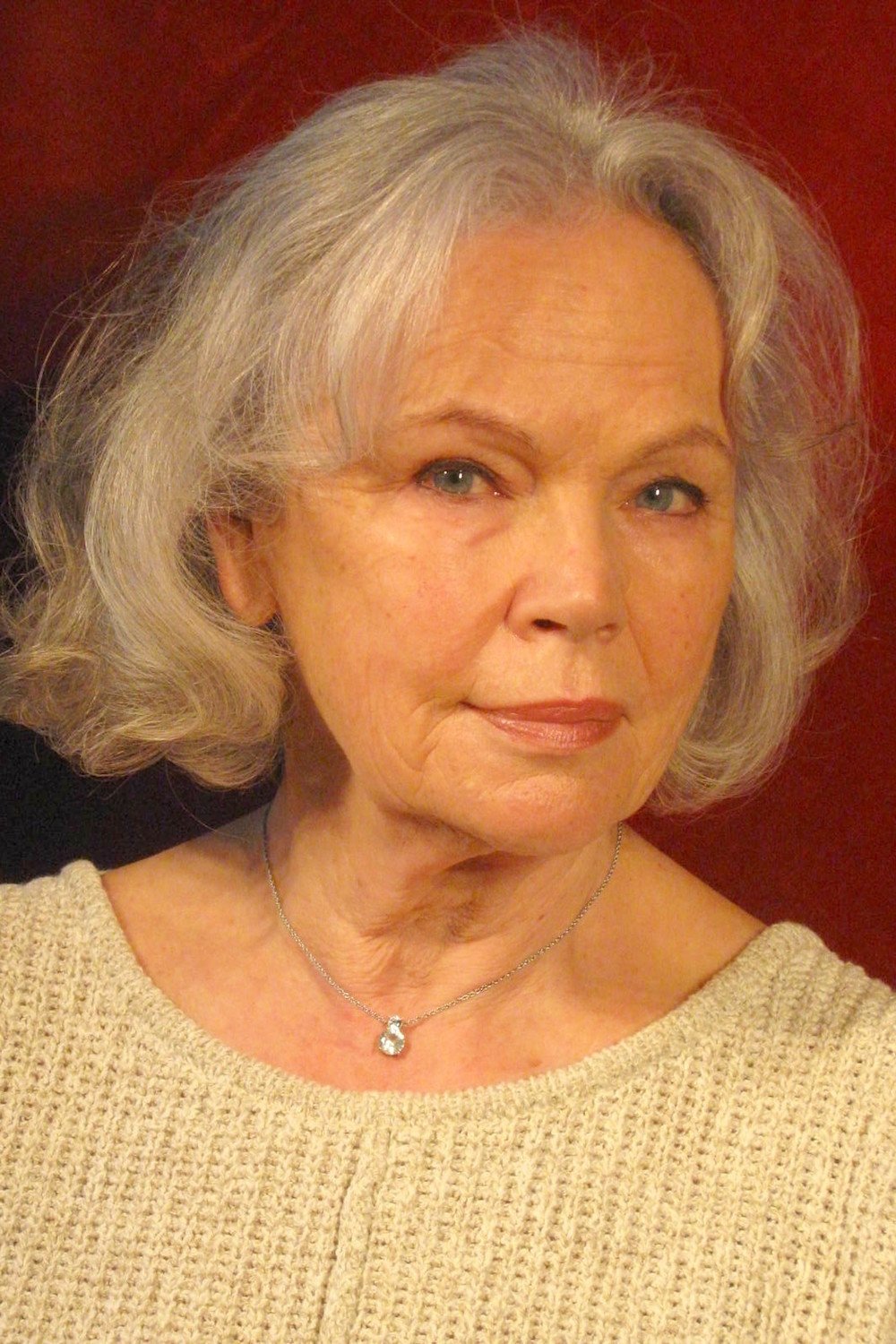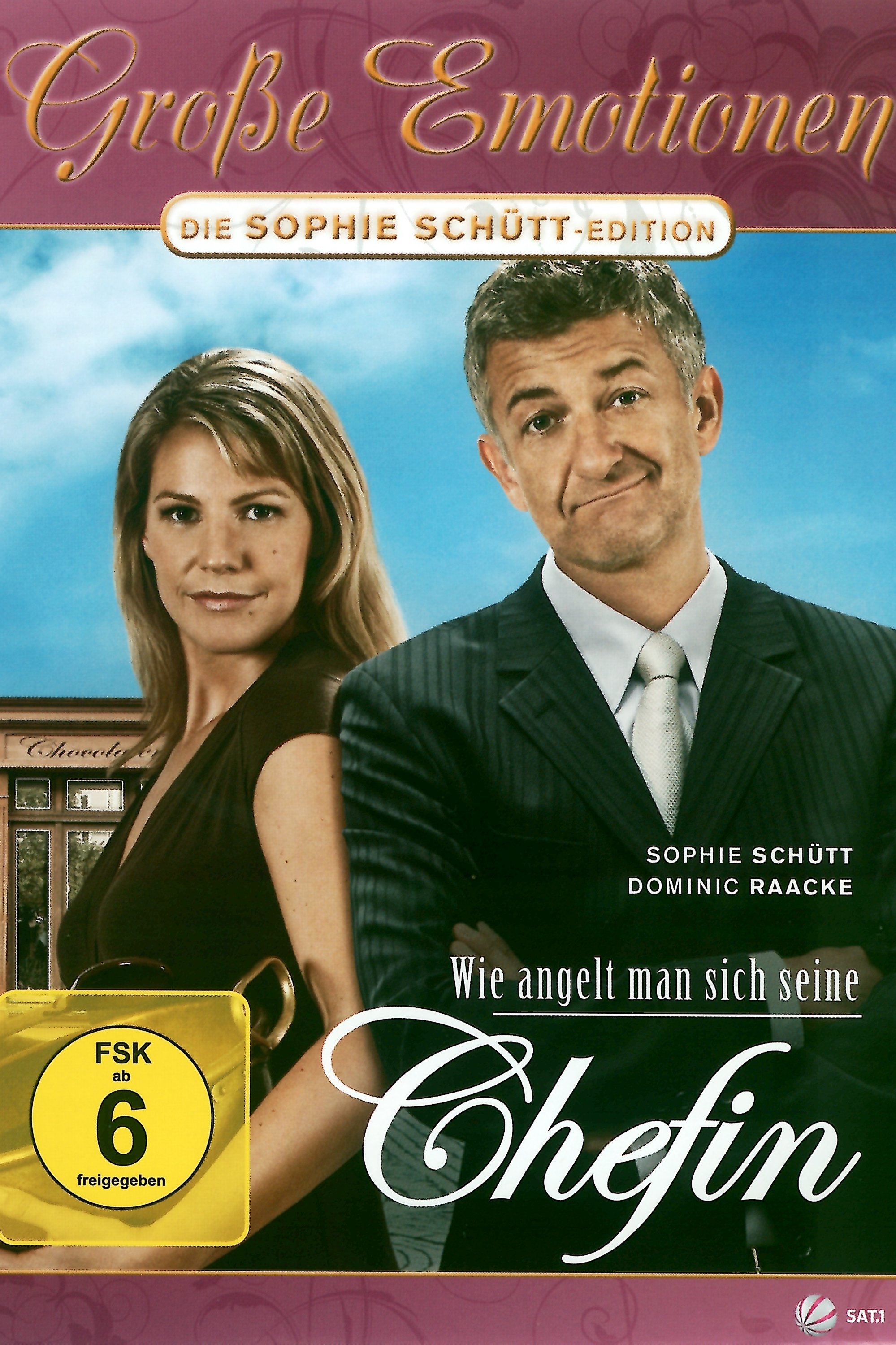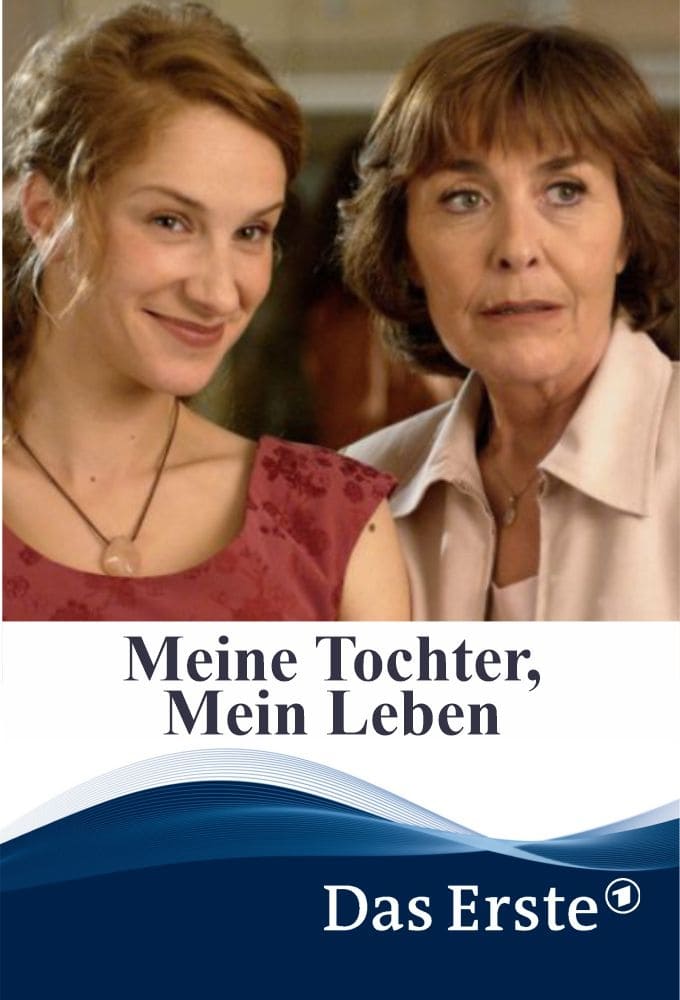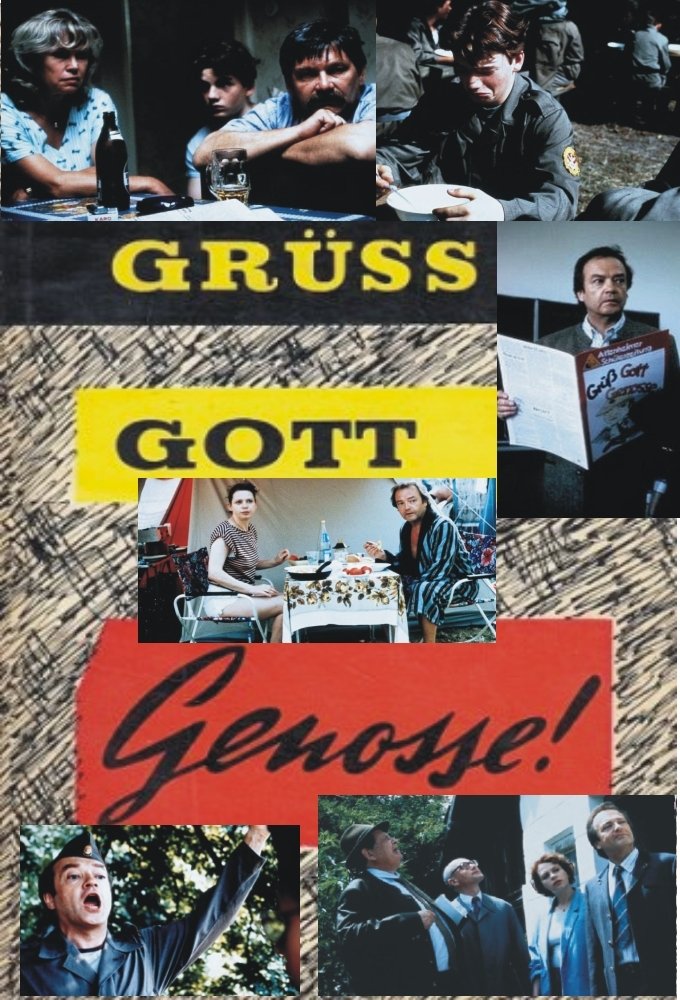


After much hesitation, the doctor, who fell in love, Peter Hauser finally managed to make his girlfriend Stella a marriage proposal. But when the two want to surprise his father Heinrich with the good news, the one holds much greater surprise ready: On holiday, he has fallen in love with the attractive widow Johanna and married her right away. Peter is anything but excited. He believes that Johanna is a notorious husband murderer. However, in trying to gather evidence of his suspicion, the awkward amateur detective moves from one fool to the next.

Ruth is an attractive, independent woman in her early 50s who has always lived for her daughter. But Lea, now in her mid-20s, is starting to break away from her dominant mother. In this difficult and conflicting time between mother and daughter, Lea suddenly falls ill with multiple sclerosis. In Ruth, a terrible suspicion begins to germinate: Lea may have been poisoned by intensive contact with solvents in the printing house where she has a student job. When Ruth voices her fear, the company turns on the works attorney Robert. He turns out to be Ruth's old childhood sweetheart.

Die Rote Meile is a German television drama that aired on Sat.1 and follows the lives of strippers, prostitutes and their pimps in the district of St. Pauli in Hamburg. The first season premiered on 1 October 1999 and consisted 26 episodes. The show was a rival to the RTL drama Hinter Gittern - Der Frauenknast; both airing in the same time-slot - Monday nights at 9:15 pm. A second season was ordered by the network in the spring of 2000 and started airing on Thursday nights at 8:15 pm on 14 December 2000. The show was canceled in the beginning of 2001, airing its last episode on 8 March 2001.
A right-wing radical, who is not quite aware that he is one, goes around with his buddies beating people up and taking part in scene events. Things look bad at home. His mother is in the hospital because her husband beat her up. The drunken father has long since brought in a replacement, a homeless woman. The teenager lives in eternal stress with the alcoholic, but gains respect from his father through his right-wing radical friends. From now on, his home becomes the main meeting place of the clique. When one of the antisocial outings of the clique ends fatally for one of the victims, the father offers his son and his friends first an alibi, later a hiding place..

In 1989, teacher Wendler and his wife leave the GDR to join his Bavarian uncle. In the West, the line-loyal educator with a whitewashed CV is immediately accepted back into the teaching profession. He advances to become a model Bavarian. Until one day a pupil from bygone GDR days turns up...
The film is set in 1989/1990 at a time when the "socialist" ideology underwent another major revolutionary collapse and the supposedly only progressive German "socialist", but walled-in GDR, joined the free West German society of the Federal Republic of Germany. In those days, the son of an East German teacher turns his back on the GDR because he is fed up with the eternal talk of the alleged superiority of "socialist" society and this "socialist" old day is nothing but dreariness and eternal gray everyday life for him. His mother, the convinced teacher and communist Christine Rautmann, suddenly realizes that her eternal propaganda of a golden socialist future is not falling on fertile ground with either her son or her pupils. She is suddenly faced with the ruins of her life as a teacher and mother. She herself becomes a seeker on a tremendously shaky social ground.
A young woman named Karin Schröder studied biophysics in Moscow and has now returned to the GDR with her diploma. She is thirsty for action, eager to work and now wants to put her specialized knowledge into practice. But at Professor Angerer's institute, where she ends up, there are no opportunities to apply her knowledge. Although Angerer shows her a safe route up the career ladder, Karin sees this more as a means of keeping her quiet - so she turns down the offer. On her own initiative, she goes in search of allies in order to find her way after all. Angerer then instructs her to abandon her self-initiated work - which leads to both professional and personal disaster for the young woman.
By browsing this website, you accept our cookies policy.